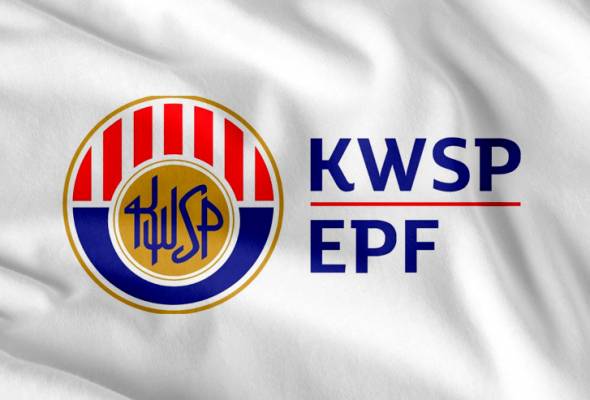KWSP Mandates Contributions for Non-Malaysian Citizen Employees
Introduction
Starting in October 2025, employers in Malaysia must register and contribute to the Employees Provident Fund (KWSP) for non-Malaysian employees who hold valid work passes (excluding domestic workers). The move reinforces fairness in social protection and ensures that long-term foreign workers enjoy retirement support.
Who Must Be Included
-
All non-Malaysian citizens employed with valid work permits (excluding domestic help) must be registered for KWSP contributions.
-
The requirement applies to those under 75 years old.
-
Already-registered non-Malaysian members do not need to re-register; their existing membership remains valid.
When Contributions Begin
-
The requirement kicks in for salaries paid in October 2025.
-
The first contribution must be submitted by 15 November 2025, which covers both the employer’s and the employee’s share.
-
Employers should register their non-Malaysian employees during Q4 2025, with KWSP enhancing automatic registration processes.
Contribution Rates & Payment Timing
-
Employer share: 2% of wages
-
Employee share: 2% of wages (deducted from salary)
-
Employers must pay both shares by the 15th of the following month.
-
Payments must be in Ringgit (RM) and not include cents.
Continuing Higher Contribution Options
-
Some non-Malaysian employees currently contributing at a higher rate (e.g. 11%) can apply to retain their rate.
-
To do so, employees must submit the required form (e.g. KWSP 17A / 18A) via their employer.
Scope, Exceptions & Cessation
-
Domestic workers remain exempt from mandatory contributions, though both parties may choose to contribute voluntarily.
-
The obligation stops in the last two months before the expiry of the employee’s work pass.
Why This Matters
This change aligns Malaysia with international standards of social protection. It ensures that foreign workers who contribute to the economy also have access to retirement benefits. In addition, by formalising contributions, the policy supports financial security and helps employers maintain transparent employment practices.
Disclaimer: This article is for informational purposes only and does not constitute any professional advice. Feel free to contact us to consult with our professional advisors team for personalized advice and guidance.




